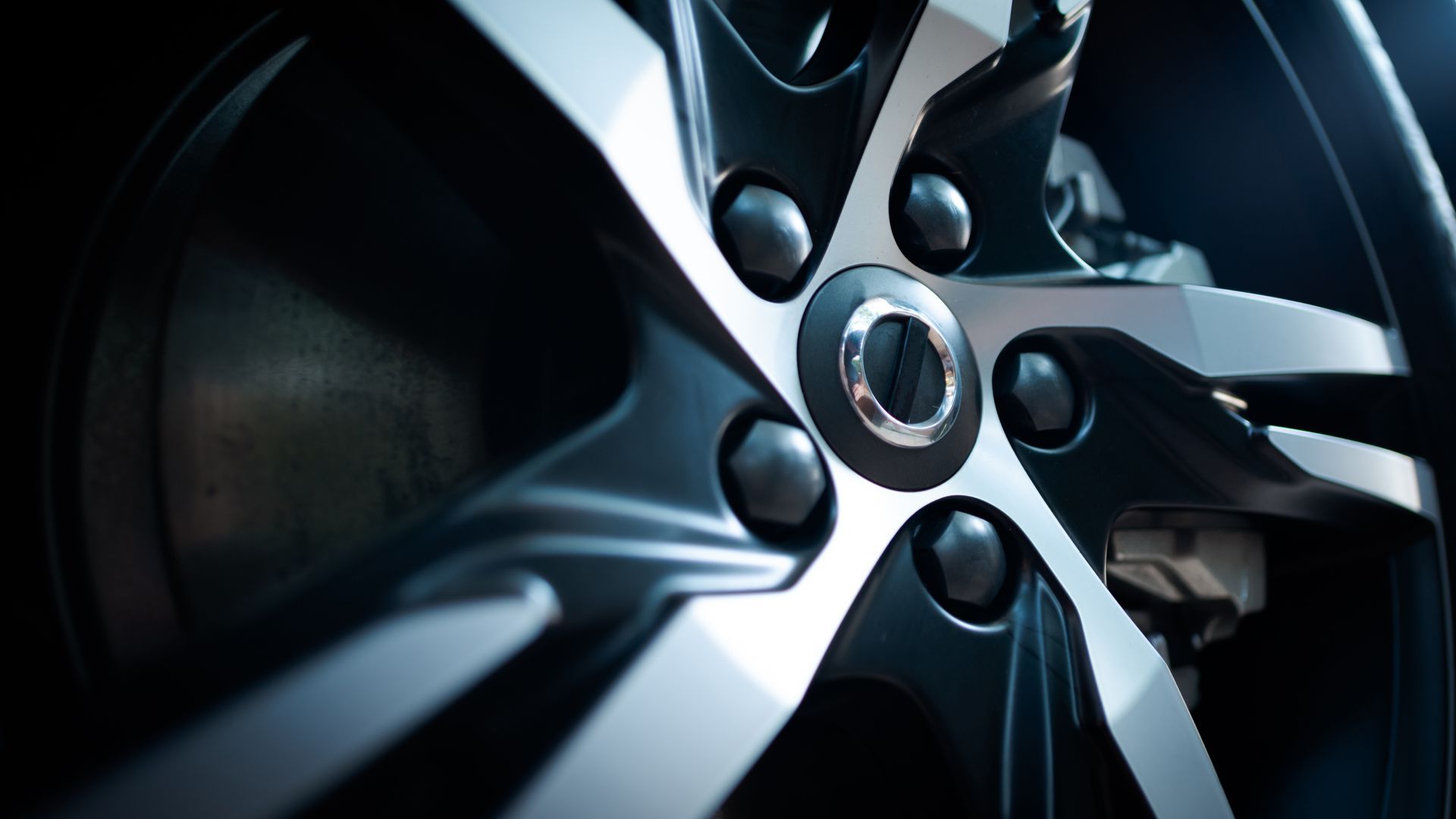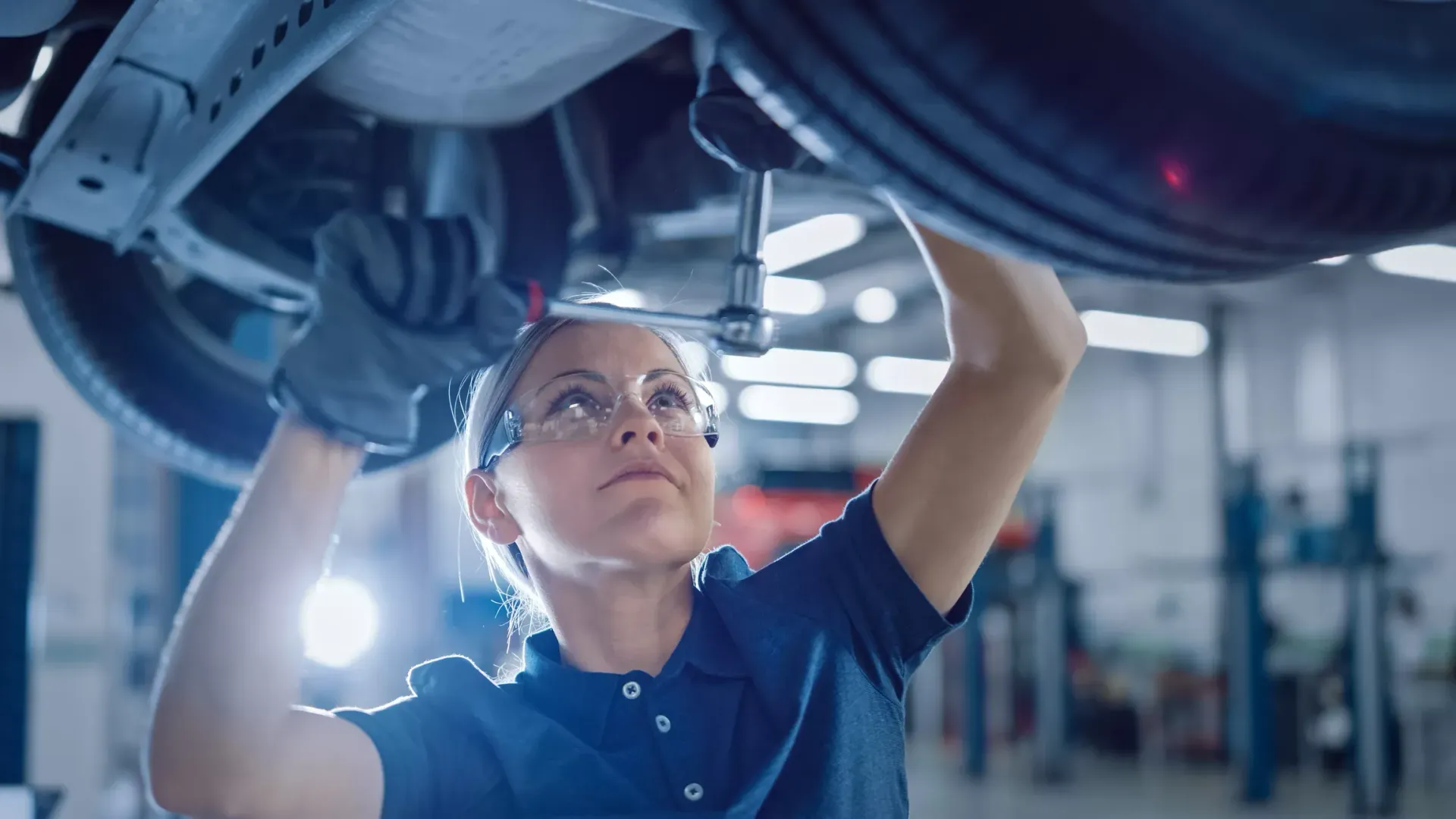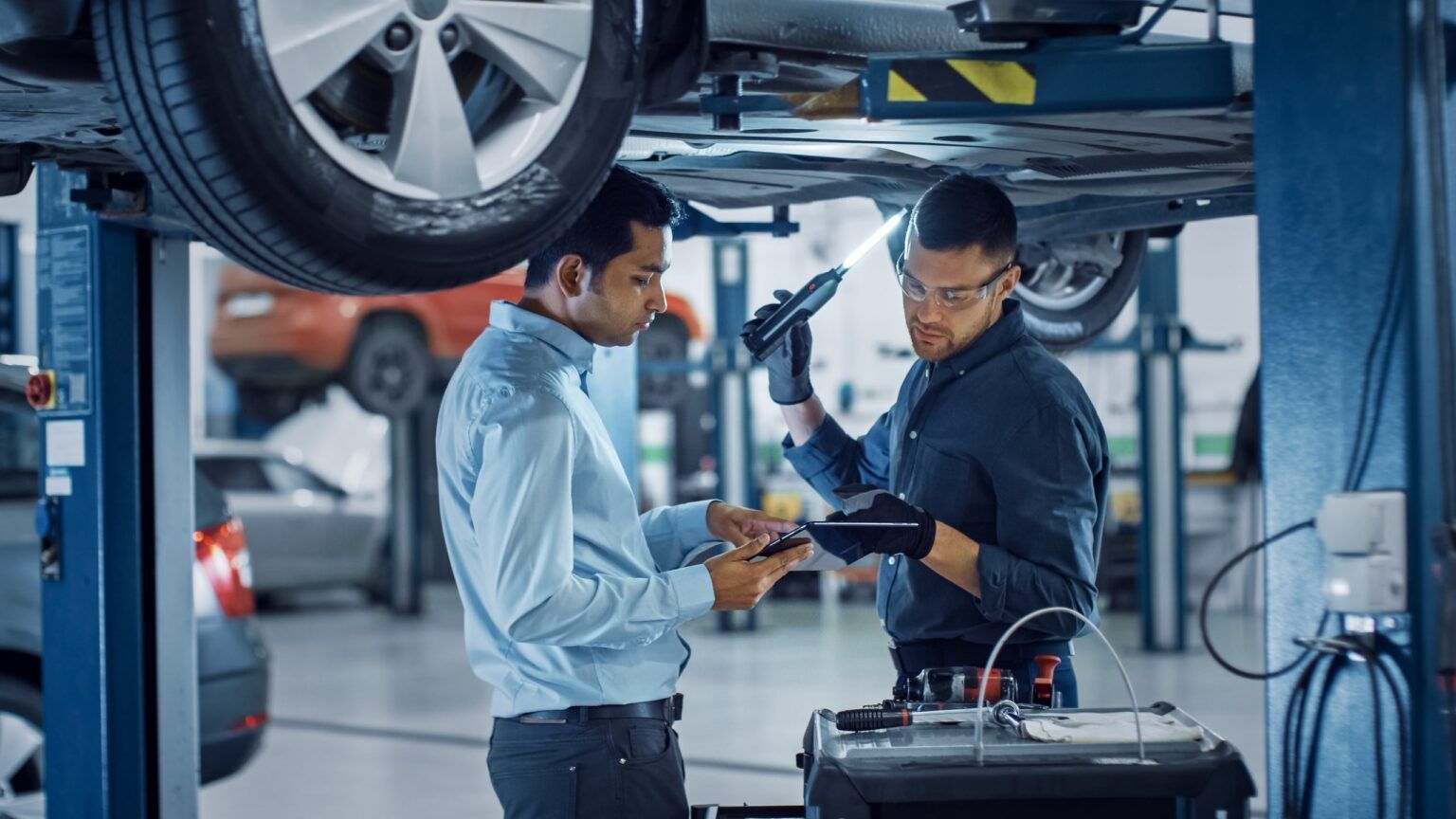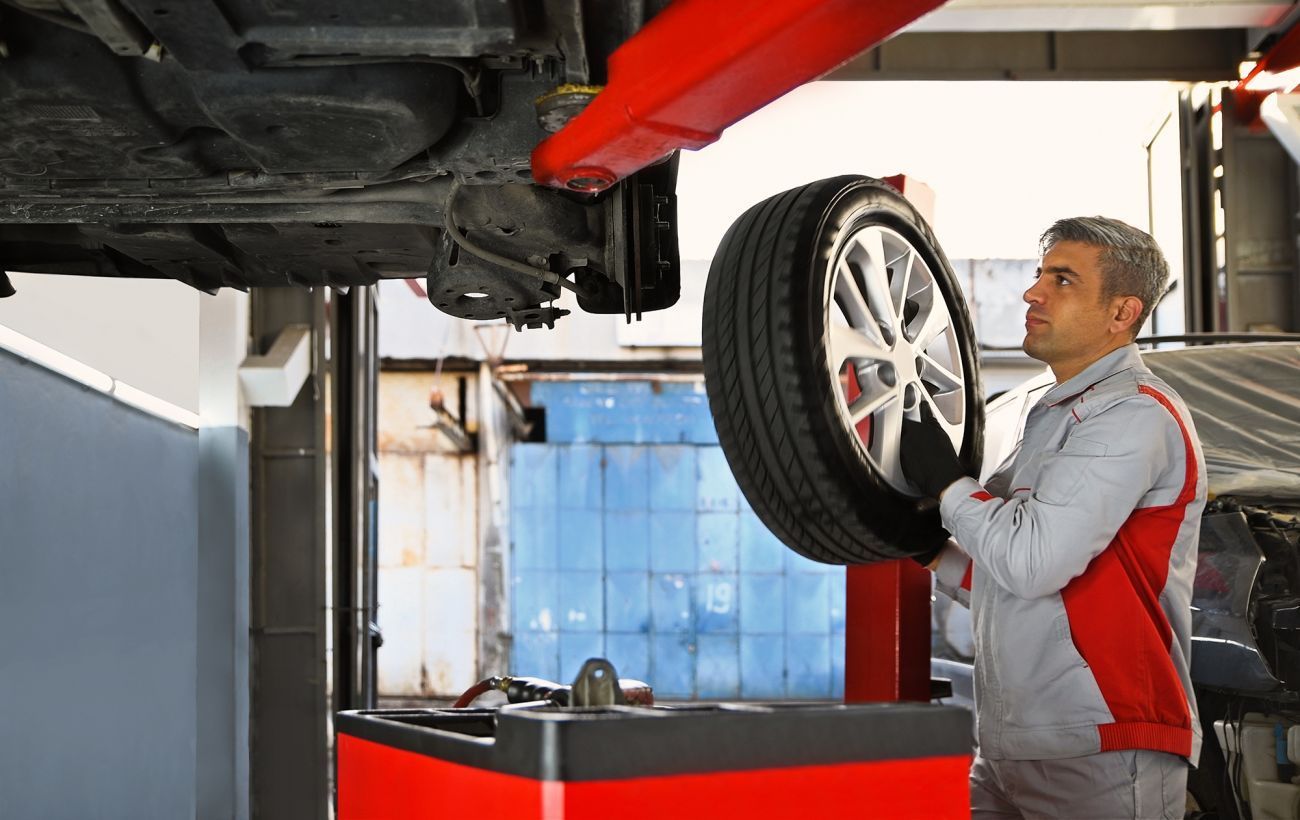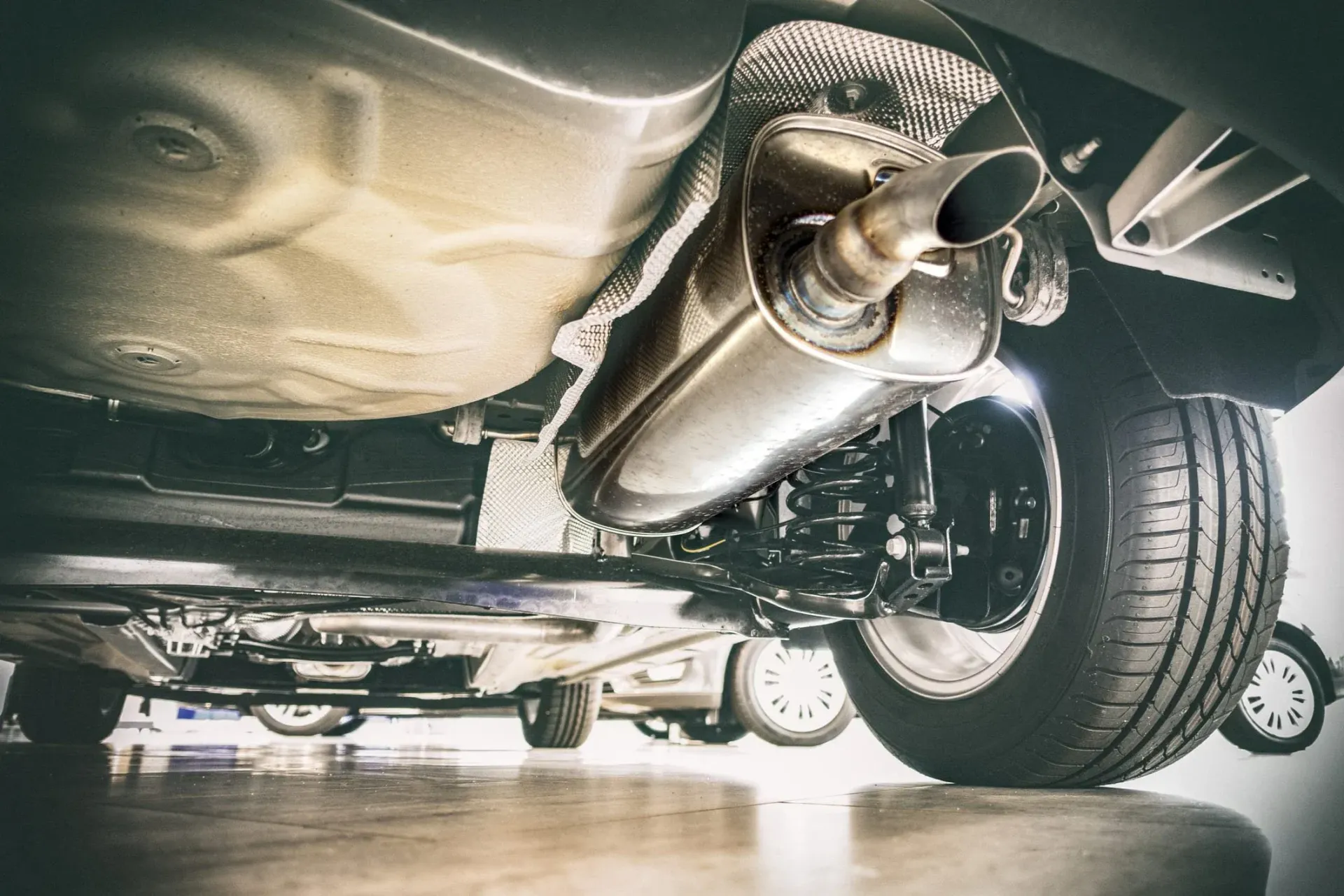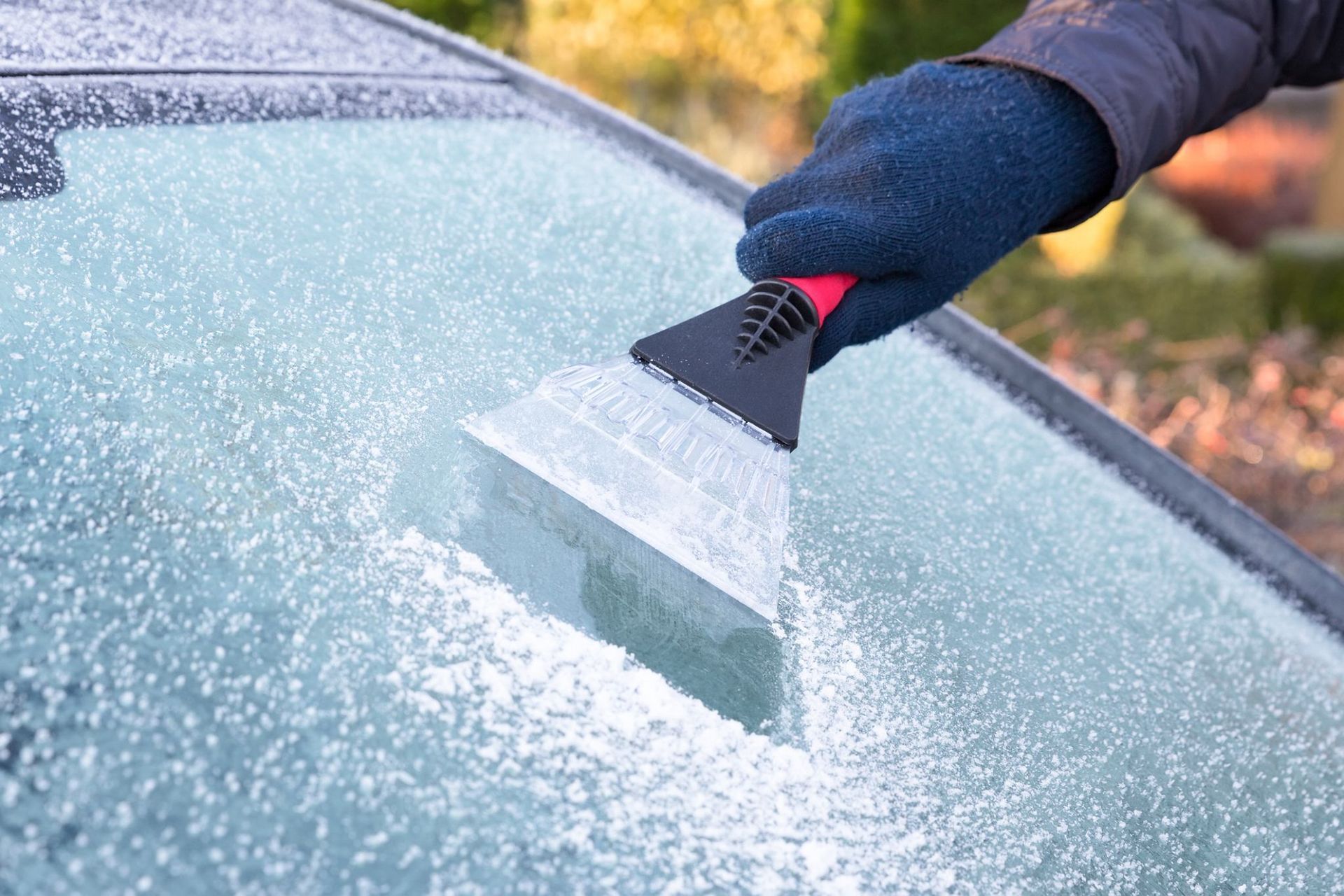10 Essential Car Maintenance Tips Every Driver Should Know
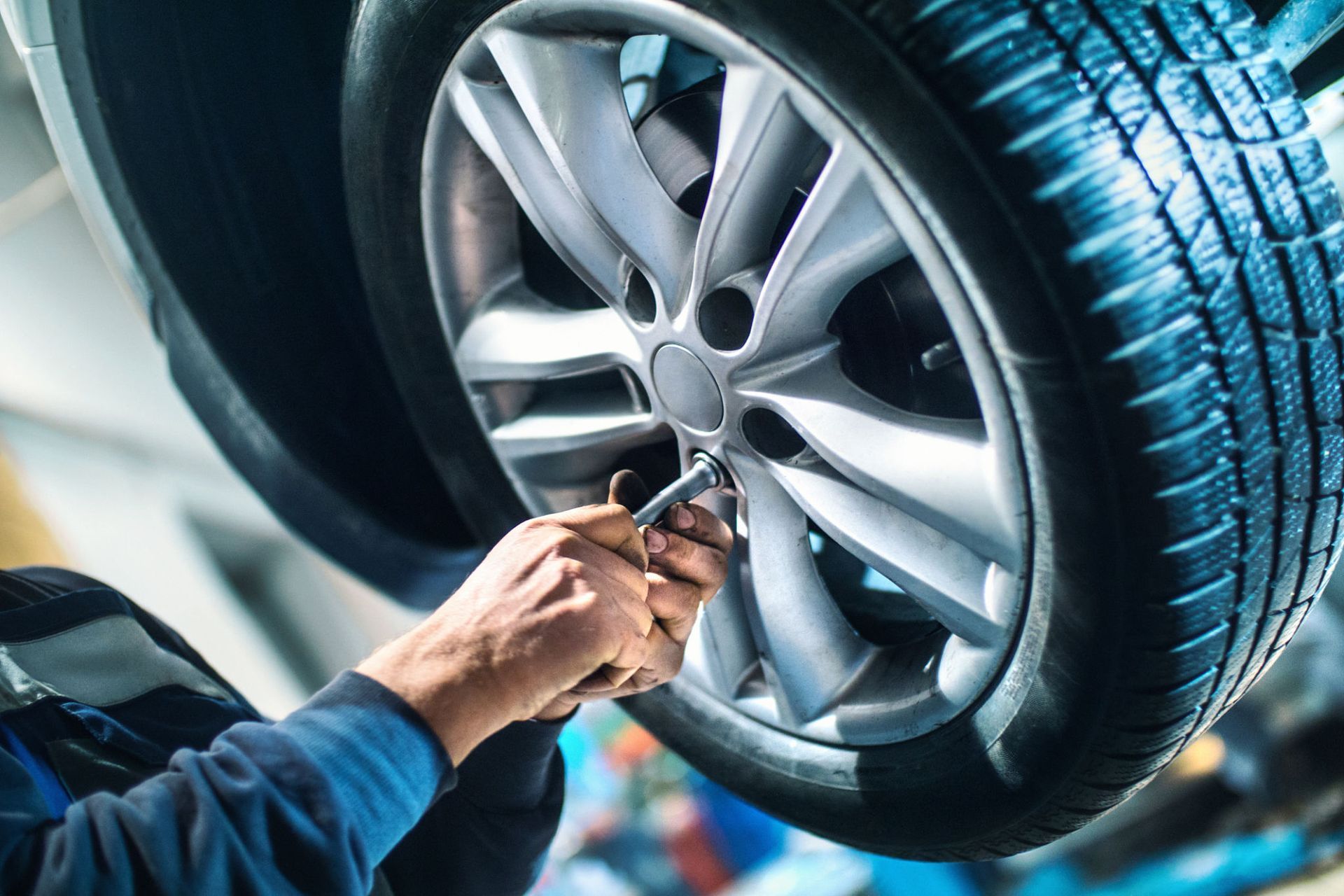
Every driver relies on their car for safe and stress-free journeys, whether it’s the daily commute or long-distance travel. Yet many of us only think about car maintenance when something goes wrong.
While routine vehicle servicing is vital for keeping your car running safely and efficiently, drivers should also perform at-home checks from time to time. These checks don’t require any technical expertise or specialist tools, but they are essential for preventing breakdowns.
In this guide, we’ll dive into ten simple checks every driver should know, as well as sharing a handy acronym, “FLOWER”, that makes it easy to remember the basics of car maintenance.
Check Your Fuel
It might seem obvious, but check your fuel before setting out on a journey. Running out of fuel happens more often than you might think. The RAC reports that fuel-related breakdowns are still among the most common causes of roadside callouts in the UK.
A simple step in everyday car maintenance is to keep your tank at least a quarter full. This is especially important in winter, when delays are common and running out of fuel could leave you stranded in cold conditions. For long trips, plan refuelling stops in advance.
Check Your Oil
Engine oil lubricates the engine’s moving parts, reduces friction, carries away heat and helps prevent wear. Without sufficient oil, or with oil that’s too old and degraded, the engine can seize, often resulting in repairs so expensive that the vehicle becomes uneconomical to fix. Changing your oil regularly, every 6000 miles helps to improve your engine's performance and extend its life, helping you to achieve maximum fuel mileage.
Checking oil is straightforward:
● Park on level ground and wait until the engine is cold.
● Remove the dipstick, wipe it clean, dip again and check the level.
● It should sit between the minimum and maximum markers.
If the level is low, top up with the grade specified in your handbook. Using the wrong oil can affect performance and shorten engine life.
During professional car servicing, mechanics replace the oil and filter, but between services, drivers should check levels at least once a month. For older vehicles or those covering high mileage, checks should be more frequent.
Check Your Tyres
Your tyres are the only parts of your vehicle in direct contact with the road, making them critical to safety, handling and fuel efficiency. Worn or underinflated tyres increase braking distances, reduce grip in wet conditions, and risk blowouts at higher speeds.
Here’s what to check:
● Tread depth: The UK legal minimum is 1.6mm, but safety experts recommend at least 3mm. You can test this using a 20p coin, the outer band should disappear when placed in the tread.
● Pressure: Check against your manufacturer’s guidelines, often printed inside the driver’s door or in the handbook. Incorrect pressure causes uneven wear and increases fuel consumption.
● Condition: Look for bulges, cracks, or objects lodged in the tread.
Professional vehicle servicing includes a tyre inspection, but because tyres wear continuously, checking them weekly is an important part of proactive car maintenance.
Check Your Coolant
Engines generate enormous amounts of heat, and coolant prevents overheating while protecting the system from freezing in winter. Low coolant levels or leaks can quickly result in overheating, which may cause irreparable damage such as a blown head gasket. Although it’s a sealed system and shouldn’t need to be topped up, you should always double check, especially before a long journey.
To check coolant:
- Make sure the engine is cold.
- Locate the translucent expansion tank under the bonnet.
- Levels should be between the min and max markers.
Different cars require different coolant formulations, so always check your handbook for the correct coolant and mix to use should you need to top it up. During car servicing, coolant is checked and replaced at set intervals, but it’s still wise to keep an eye on your levels yourself.
Check Your Lights
Working lights are vital for visibility and communication with other drivers. Broken bulbs can compromise safety and lead to MOT failures or on-the-spot fines if police spot them.
Check every light weekly, including:
● Headlights and full beam
● Indicators and hazard lights
● Brake lights
● Reverse light
● Number plate lights
The easiest way is to ask a friend to walk around the car and check the lights while you operate the controls. Alternatively, park near a reflective surface like a window where you can see the reflection of the lights yourselves.
Check Your Screenwash Fluid
A clear windscreen is essential for safe driving, but dirt, insects, pollen and road salt can quickly reduce visibility. Check your screen wash level in the tank under the bonnet, topping up if necessary with a quality screen wash additive or pre-mix, which you can pick up in most petrol stations. Checking and topping up wiper fluid takes seconds, but it’s one of those small car maintenance tasks that can make a big difference to driving safety.
Check Your Engine Air Filter
Engines need a steady supply of clean air for efficient combustion. The air filter traps dust, pollen and debris, ensuring only clean air enters. Over time, the filter becomes clogged, restricting airflow and reducing power, efficiency and fuel economy.
Replacing the air filter is a job often included in a full car servicing schedule, usually every 12,000 miles or once a year. However, if you drive in dusty or urban environments, it may need changing sooner. Signs of a dirty filter include sluggish acceleration and black smoke from the exhaust.
Checking the filter yourself takes just a few minutes and is one of the easier vehicle servicing tasks drivers can do at home.
Check Your Brakes
Few components are more important than brakes. They keep you safe in emergencies and give you confidence behind the wheel.
Brakes should be checked regularly for:
● Spongy or soft pedals suggest air in the hydraulic system.
● Squealing or grinding noises indicate worn pads or discs.
● If stopping distances increase, it’s time for inspection.
Brake fluid should also be checked and replaced according to manufacturer guidelines, usually every two years. Fluid attracts moisture, which reduces effectiveness over time. A full car servicing will include brake checks, but drivers should never ignore unusual sensations or noises when braking.
Check Your Battery
A flat battery is one of the most common reasons for roadside breakdowns, particularly in winter when cold weather reduces efficiency.
To maintain your battery:
● Inspect the terminals for corrosion and clean them if necessary.
● Ensure cables are tight and secure.
● Avoid frequent short journeys, as these prevent the battery from fully charging.
● Consider a battery charger if the car is not used regularly.
Most batteries last three to five years. If your car struggles to start or dashboard lights flicker, it may be time for a replacement. Battery checks are included in vehicle servicing, but it pays to keep an eye on its condition at home.
Check Your Interior and Exterior
Good car maintenance goes beyond mechanical parts. Keeping your car’s interior and exterior clean isn’t just about appearance, it also helps keep you safe on the road. Clutter in the footwells can slide under the pedals and interfere with braking or acceleration, so it’s important to keep them clear.
Keep the outside of your car clean with a regular wash, this helps remove salt and grime from the bodywork in winter to prevent rust. Also, focus on the windows, headlights, brake lights and number plates as these help you see and be seen on the roads.
Not Sure What to Check? Remember FLOWER
If all of this feels like a lot to remember, the acronym “FLOWER” makes it simple:
● Fuel: don’t run low
● Lights: working and clean
● Oil: correct level and grade
● Water: both coolant and washer fluid
● Electrics: from the battery to dashboard warnings
●
Rubber: tyres and wiper blades
FLOWER summarises the essentials of car maintenance in a quick, memorable way. Use it as a weekly reminder to keep your car in good condition between professional car servicing appointments.
Acorn Tyres Aylesbury: Here to Help
While these checks go a long way, nothing replaces professional vehicle servicing carried out by trained technicians. At Acorn Tyres Aylesbury, we specialise in providing thorough car servicing tailored to your vehicle’s needs. Our annual servicing covers everything from oil and filter changes to brake inspections, tyre checks, and battery health.
Our friendly team ensures your car is running safely and efficiently, helping you avoid costly breakdowns and maintain fuel economy. If it’s been over 12 months since your last service, or you’re unsure when your car was last inspected, booking with us will give you peace of mind and extend your vehicle’s lifespan.
Book your next vehicle service with us today and keep your car running at its best.

